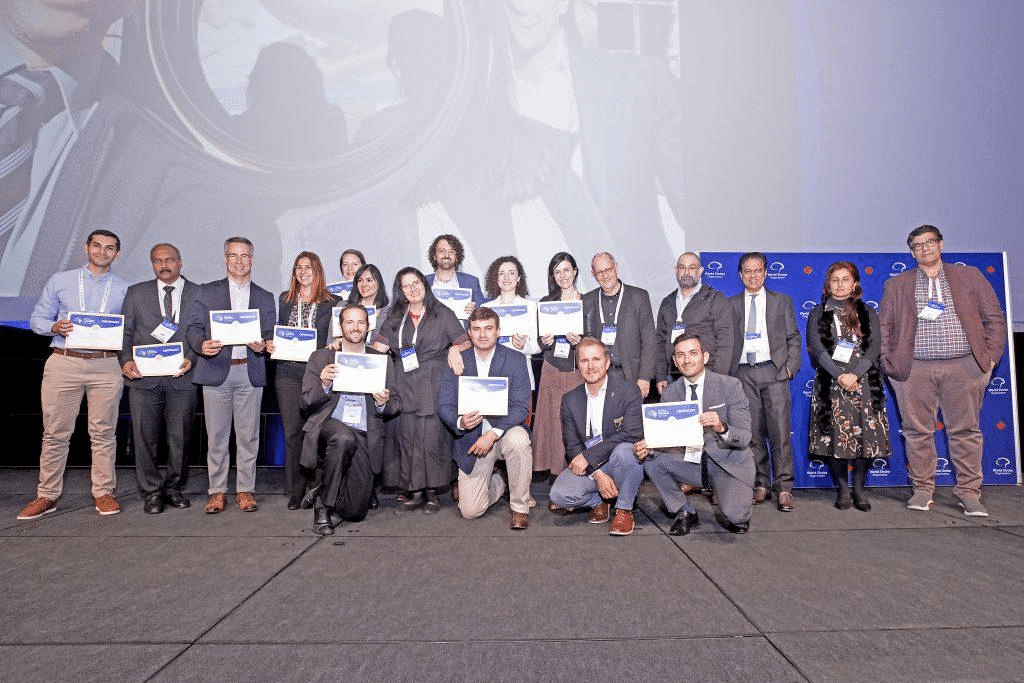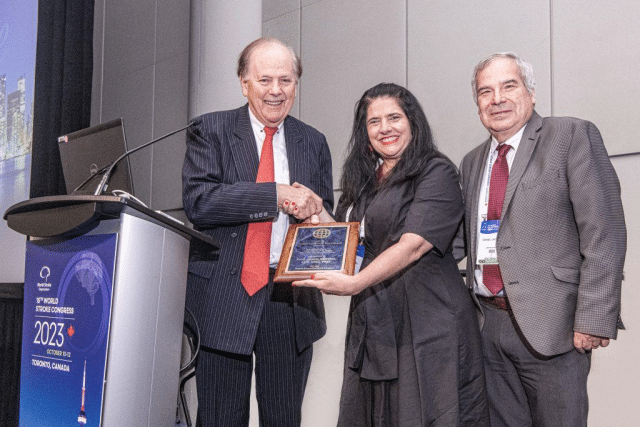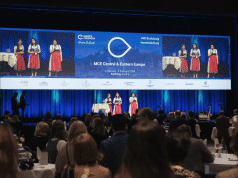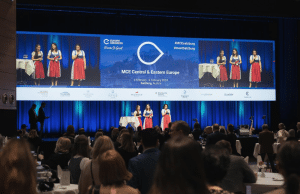With an impressive turnout of over 3,636 participants from 106 countries, the 15th World Stroke Congress (WSC 2023) marked a significant gathering of the global stroke community in Toronto, Canada, and online. The mission: to collaboratively reduce the burden of stroke across the world.
“We were thrilled to have brought together professionals dedicated to advancing stroke care,” said Sheila Martins, President of the WSO. “WSC 2023 was more than just a congress; it was a movement. By connecting with a global network of experts and advocates, we are driving forward the mission of providing the best possible care to stroke patients everywhere.”

Throughout three full days, participants delved into the latest scientific discoveries, clinical trials, new healthcare delivery models, biomarkers, and updated guidelines around the continuum of stroke care. Furthermore, attendees had the opportunity to earn up to 18 CME credits, which were accredited by the esteemed Royal College of Physicians and Surgeons of Canada and endorsed by the Canadian Neurological Sciences Federation.
“From the Canadian Stroke Consortium (CSC), we are proud to partner with the WSO and host the congress in Toronto,” said Ashkan Shoamanesh, Co-Chair of the WSC, Board of Directors of the CSC, and immediate past Chair of the CSC Research Committee from McMaster University. “Essential to the mission of the congress is the promotion of rigorously designed randomized trials. Several large, high-impact clinical trials were presented at the congress.”
Clinical Trials Highlights
In the clinical trial sessions, Prof. Götz Thomalla from the University Medical Center Hamburg-Eppendorf presented the TENSION trial showing that endovascular thrombectomy improved functional outcomes and reduced mortality in patients with large infarcts in hospitals using only a non-contrast CT scan.
“TENSION shows that just using a pragmatic standard of care approach to acute stroke imaging, we can guide thrombectomy in stroke patients with a large core, improve outcomes, and save lives,” Prof. Thomalla explains. Prof. Stuart Connolly, McMaster University / Population Health Research Institute presented the ANNEXa-I trial which provides the first randomized evidence that a direct reversal agent (andexanet alfa) of an anticoagulant (factor Xa inhibitors) improves hemostatic efficacy relative to usual care in patients with direct oral anticoagulant-associated intracranial hemorrhage.
The ATTEST-2 trial, funded by the British Heart Foundation and Stroke Association, found that tenecteplase was non-inferior to alteplase (rtPA) in a large randomized clinical trial. Prof. Keith Muir from the University of Glasgow as the PI of ATTEST-2 explained: “This result adds to the growing evidence that tenecteplase should be a first-line thrombolytic agent for the treatment of suitable acute ischemic stroke patients and has significant advantages over current treatment in its ease of use.”
Find out more information about the event at https://worldstrokecongress.org.














